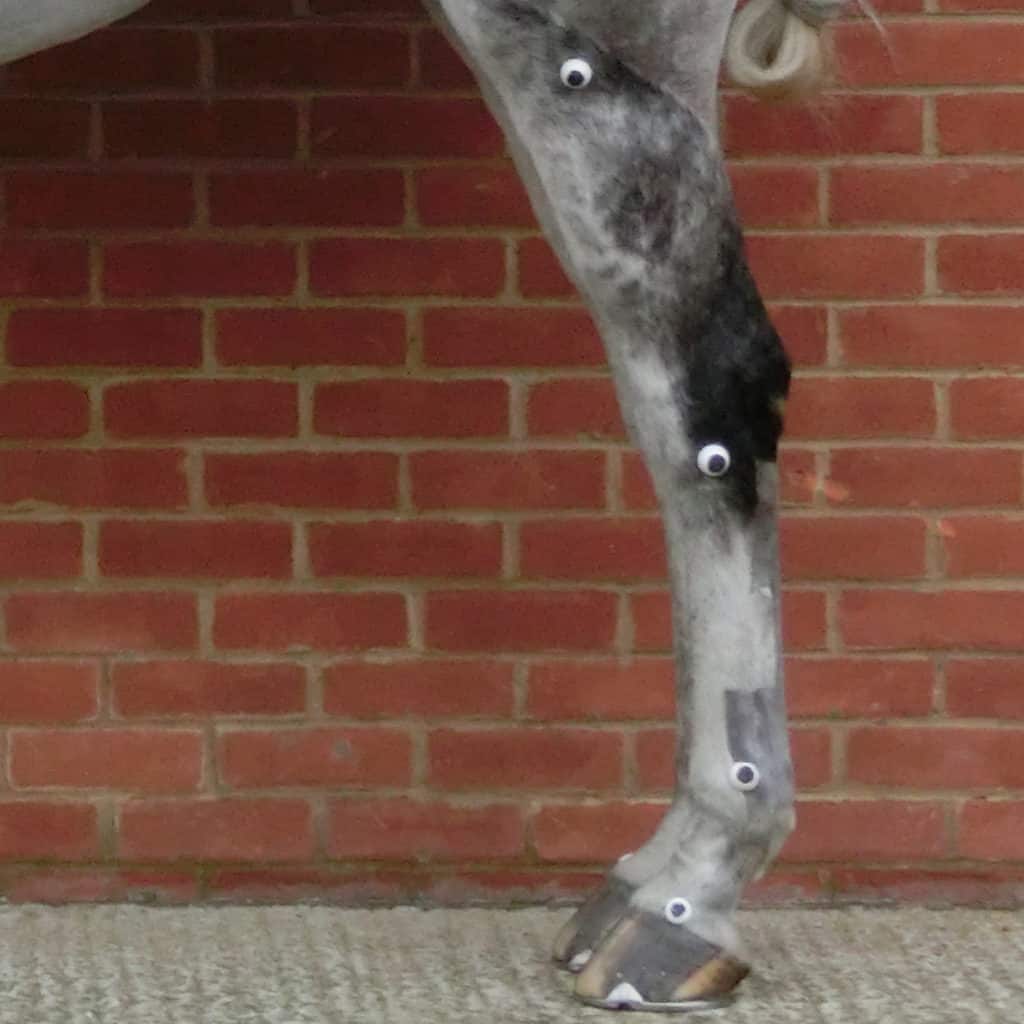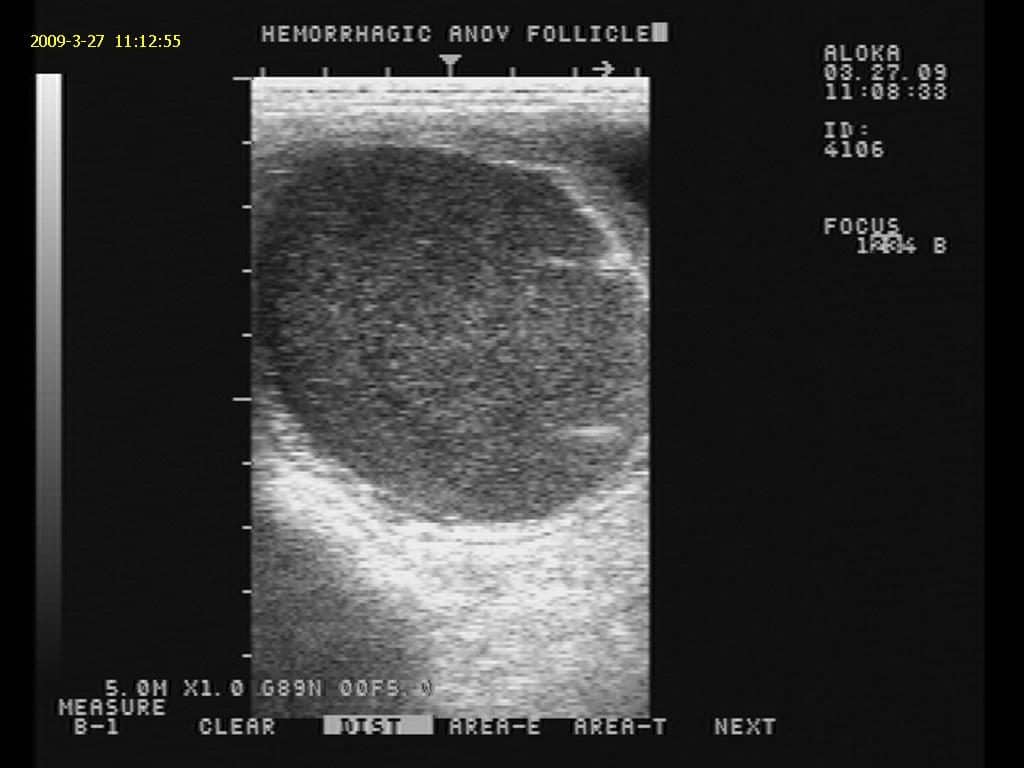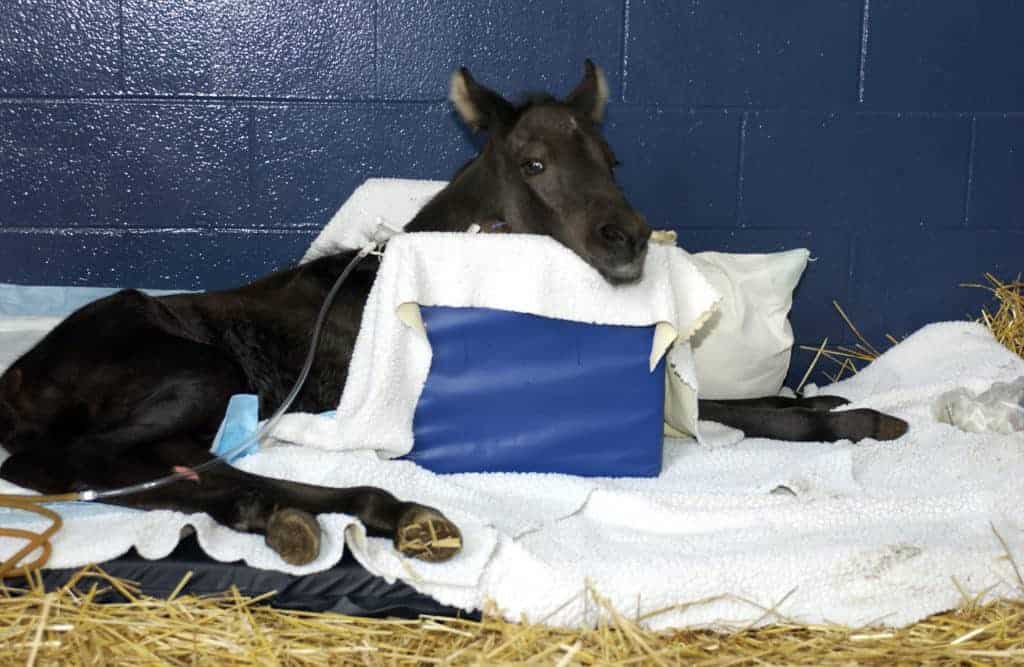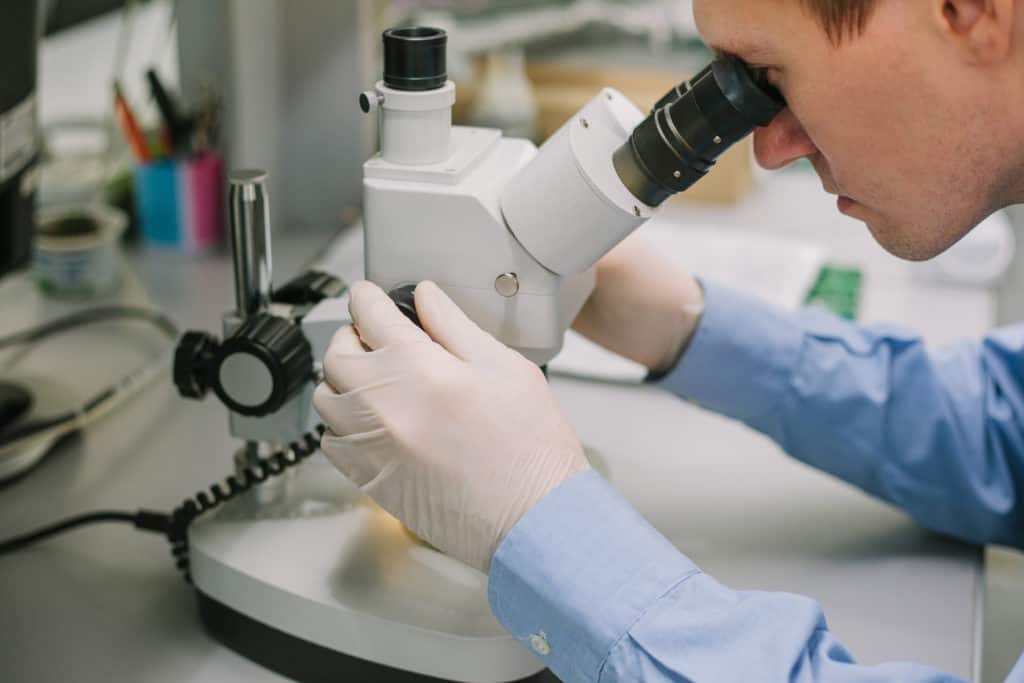
Researchers Find Link Between PSD Development, Straight Hocks
For every degree of increase in hock angle, researchers found a 12% greater chance of a horse having proximal suspensory desmopathy (PSD).
News and issues for equine health professionals

For every degree of increase in hock angle, researchers found a 12% greater chance of a horse having proximal suspensory desmopathy (PSD).

Presenters will speak on pre-race examinations, on-track protocols, test barn best practices, technology resources, biosecurity, and more.

A recent study has revealed that aspirin’s effects on horses seem less pronounced than in humans. In fact, some horses might be resistant to it.

Activated charcoal administered via a nasogastric tube might help stop the intoxication process that leads to death.

Weanlings turned out with shelter access had no more respiratory issues than those housed in warmer stables during a harsh Finnish winter.

Researchers evaluated 1,154 Thoroughbreds’ Timeform ratings and performance before and after vaccination and detected no difference in form.

Knowing which ovarian abnormalities are benign and which are pathogenic can help vets manage mare successfully.

This research could help riders select dressage mounts to ensure their ability to perform the required movements while maintaining soundness.

Time is of the essence when diagnosing and treating atypical myopathy as it can prove fatal in less than two days.

Both medical and surgical management resulted in more than 94% of treated horses surviving to discharge from one hospital, researchers found.

Researchers found that surgical correction of a patent urachus or infected umbilical remnants often has a good outcome.

Here’s how vets can carry out five common mildly aversive procedures using learning science and behavior modification techniques.

If foals are diagnosed and treated early they generally have a fair to good chance to make a full recovery.

Cytology allows vets to correctly diagnose a corneal ulcer’s underlying cause and institute appropriate therapy.

Removing the ovaries won’t fix other issues, from static shock to bladder adhesions, that can make mares behave badly.

A 15-minute tourniquet application was sufficient to achieve peak synovial amicacin concentrations in the coffin joint.
Stay on top of the most recent Horse Health news with
"*" indicates required fields